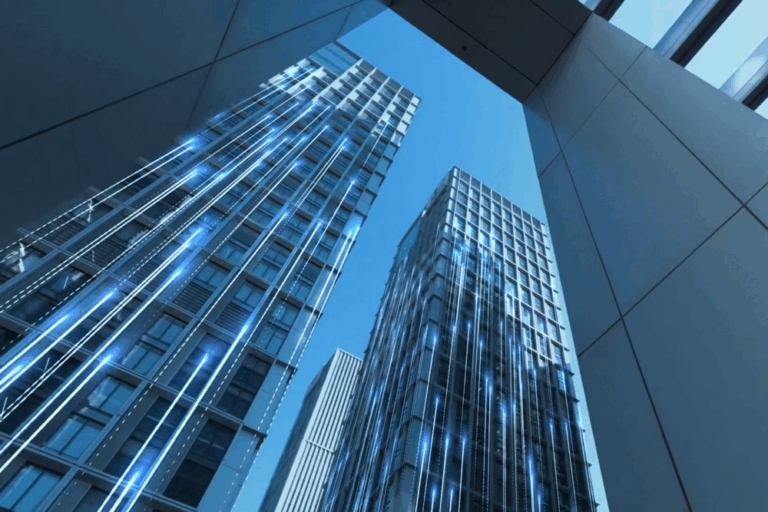
How Danfoss is using AI to revolutionise building energy efficiency
How Danish engineering giant Danfoss is using advanced IoT and AI to deliver dramatic energy efficiency gains to buildings around the world.

How Danish engineering giant Danfoss is using advanced IoT and AI to deliver dramatic energy efficiency gains to buildings around the world.
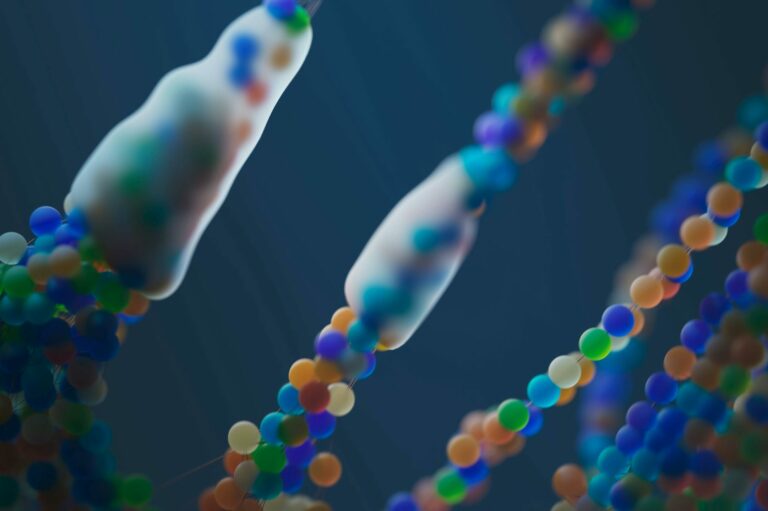
Creative storytelling transforms scientific breakthroughs into cultural movements — from mammoth meatballs to AI art — making innovation relatable, emotional, and impactful for the public

As global headlines focus on the environmental cost of artificial intelligence – from the staggering energy required to train large

Generative AI and IoT are transforming water efficiency in farming, helping farmers save resources, cut costs, and grow better crops despite climate-driven drought conditions.

The data centre market is exploding at a rapid rate, mainly driven by the march of artificial intelligence (AI), which

Discover how businesses can mitigate AI’s environmental impact through energy-efficient models, sustainable data centres, circular economy strategies, and AI-driven sustainability solutions.

EcoOnline’s David Picton on how businesses can successfully negotiate the trade-offs between the promises of AI and their progress towards net zero.

Battery energy storage systems (BESS) are essential to the UK’s renewable energy future, addressing reliability, grid stability, and economic feasibility while reducing reliance on fossil fuels.

Mark Pestridge of Telehouse Europe highlights how tech leaders can leverage data centre ESG initiatives to drive sustainability, workforce development, and community impact while advancing corporate goals.

Seizo Onoe of International Telecommunication Union explores how AI-powered agriculture can boost food security, optimise farming, and support sustainability—helping to feed a growing global population.
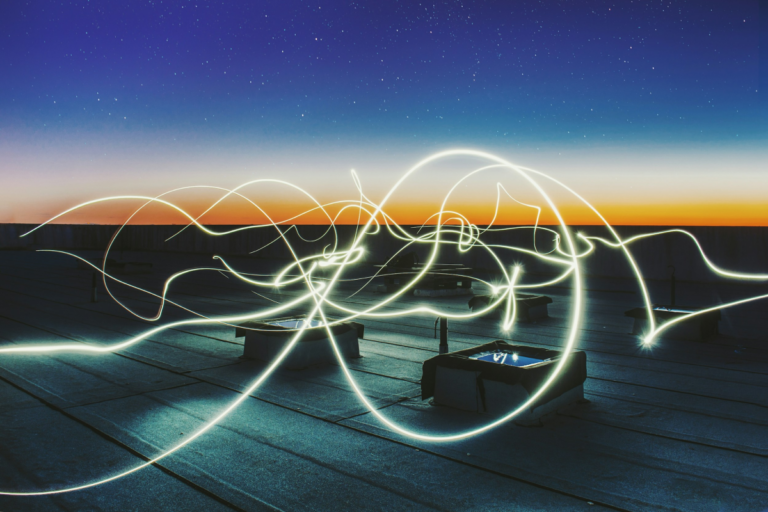
Michael Lynch, Global Real Time Operations Manager at Enel X on the scale, systems and virtual skills of a modern global network operations centre.

Dulas is transforming healthcare in underserved communities by delivering solar-powered solutions, such as vaccine refrigerators, to ensure reliable immunisations and to build resilient local healthcare systems.

SAP’s Stephen Jamieson and BT’s Sarwar Khan on partnering to develop a means to track emissions across BT’s entire global value chain.

Sarwar Kahn, Sustainability Director (Business) at telco giant BT, on the company’s moves to net-zero and how to embed sustainability into cloud operations.

Lenovo is driving sustainability through innovations like bamboo packaging, repairable laptops, and efficient liquid cooling, promoting circularity and reducing e-waste across IT product lifecycles.

SAP’s Stephen Jamieson makes the case for data exchange and collaboration between enterprises to drive shared sustainability goals.

Explore the innovative reuse of used EV batteries in second-life applications, transforming them into valuable assets for renewable energy storage and grid support.
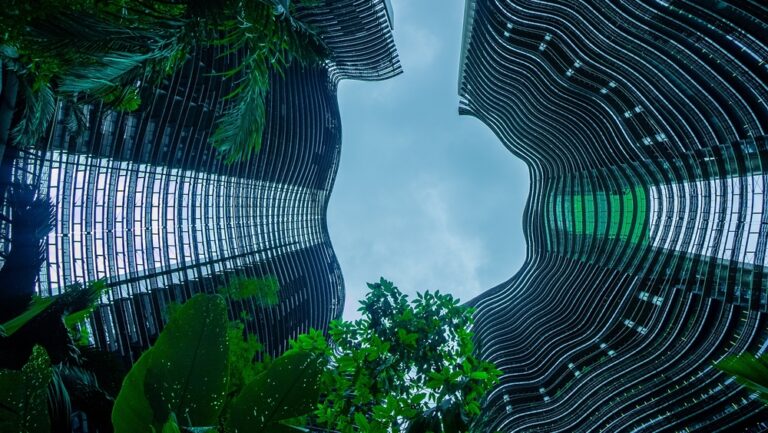
Organisations must prioritise sustainable IT to meet net zero targets by reducing GHG emissions, optimising data centres, and promoting eco-friendly digital workplaces.

Heightened climate impacts prompt action, regulatory focus on greenwashing, climate technology adoption, and pivotal elections.
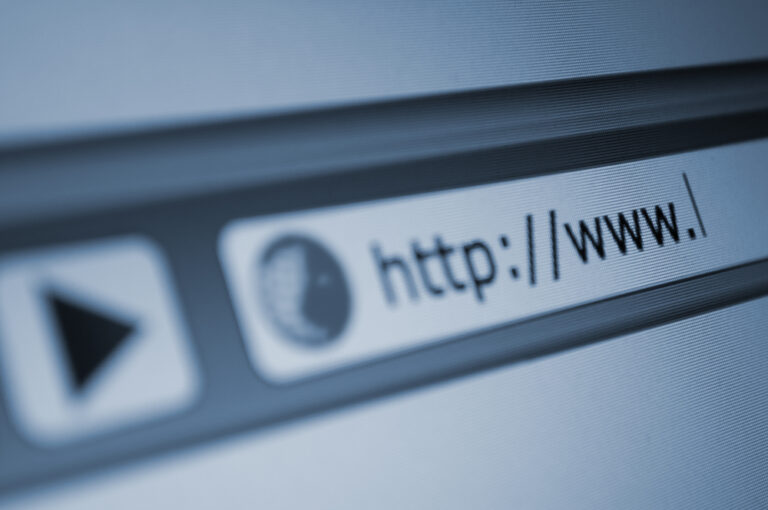
Digital technology is responsible for 4% of global greenhouse gas emissions and is rising each year.

Capgemini’s Greg Bentham and Danuta Stojko discuss the IT industry’s role in the global transition to net-zero.
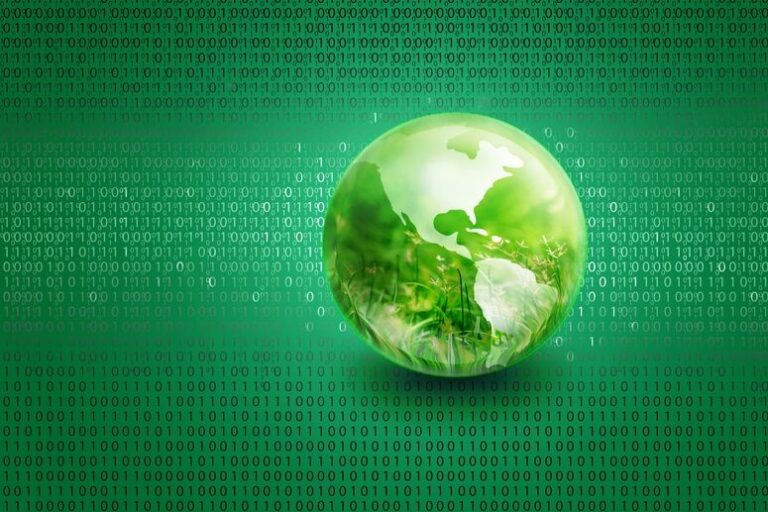
Organiations are prioritizing sustainability, using data-driven, cloud-based platforms to track and manage greenhouse gas emissions and improve overall environmental performance.
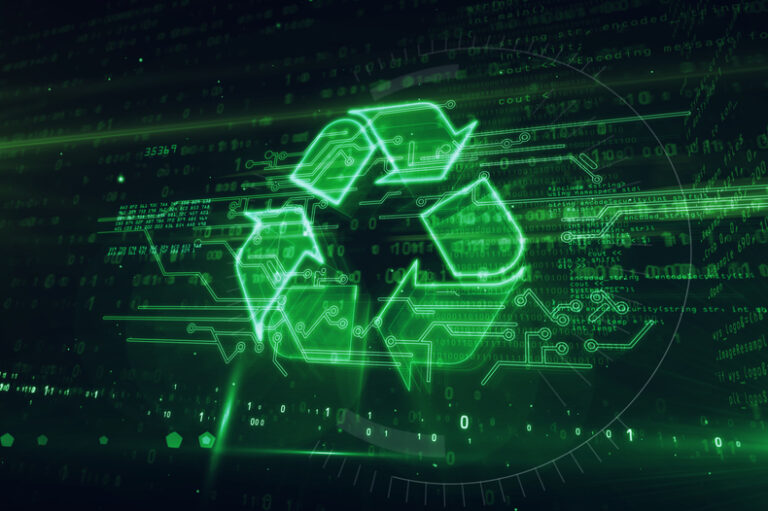
Technology aids sustainability through renewable energy but worsens pollution and waste. Individual and collective action can drive more sustainable practices.
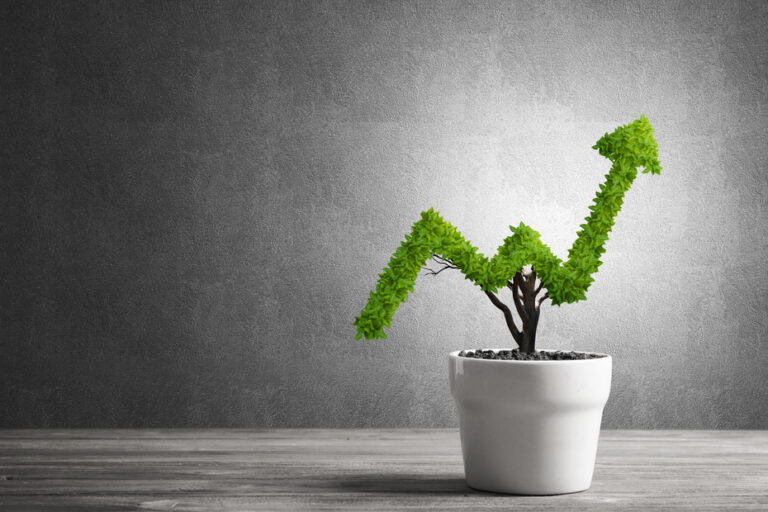
Annie Button on why companies should understand and implement principles of green marketing and sustainability-focused advertising strategies.
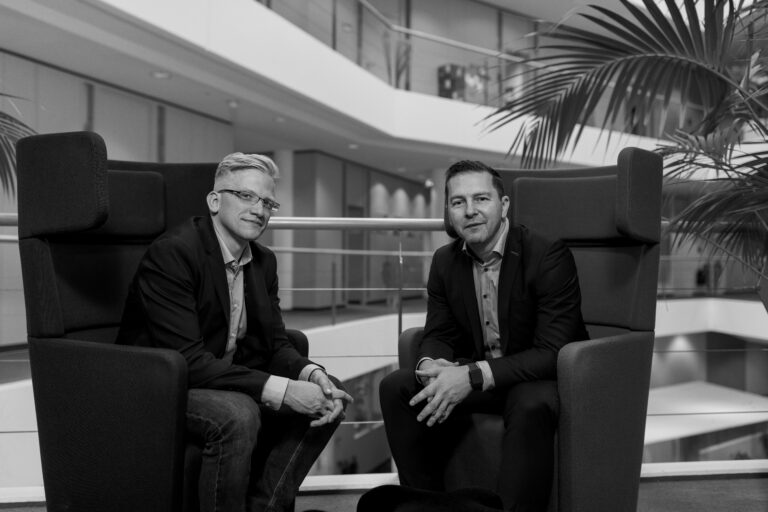
How Hartmann Group has embraced transformation and new digital business models.

Researchers at the University of Plymouth have shown that developing tech with – not for – the digitally excluded can produce remarkable results.
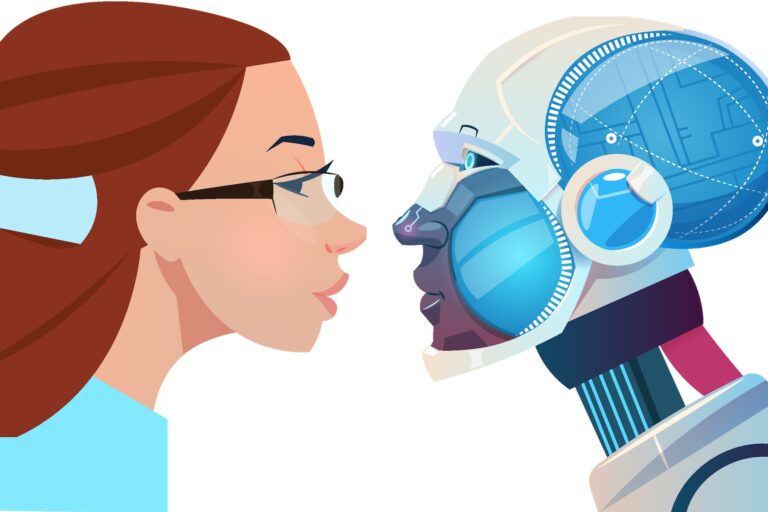
George Tilesch and Omar Hatamleh, co-authors of BetweenBrains, explore major themes around artificial intelligence, humanity and the future

Siim Sikkut, Estonia’s Government CIO, on how the country became one of the world’s most digitally-advanced societies

Post-disaster management relies on satellite imagery for real-time damage assessment, resource allocation, and tracking recovery, enhancing efficiency and decision-making during critical recovery phases.

Doing online business in developing countries requires action by all to unlock financial inclusion, says Ling CEO Simon Bacher.
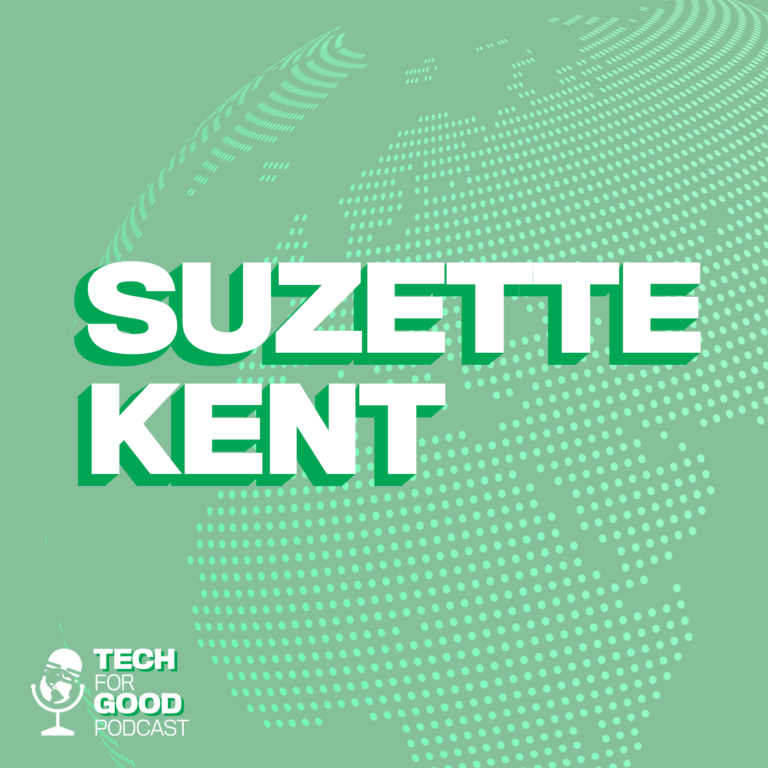
Suzette Kent is a former Federal CIO for the United States government.
In this podcast, Suzette shares her story and talks about what the public sector can do to accelerate digital transformation.
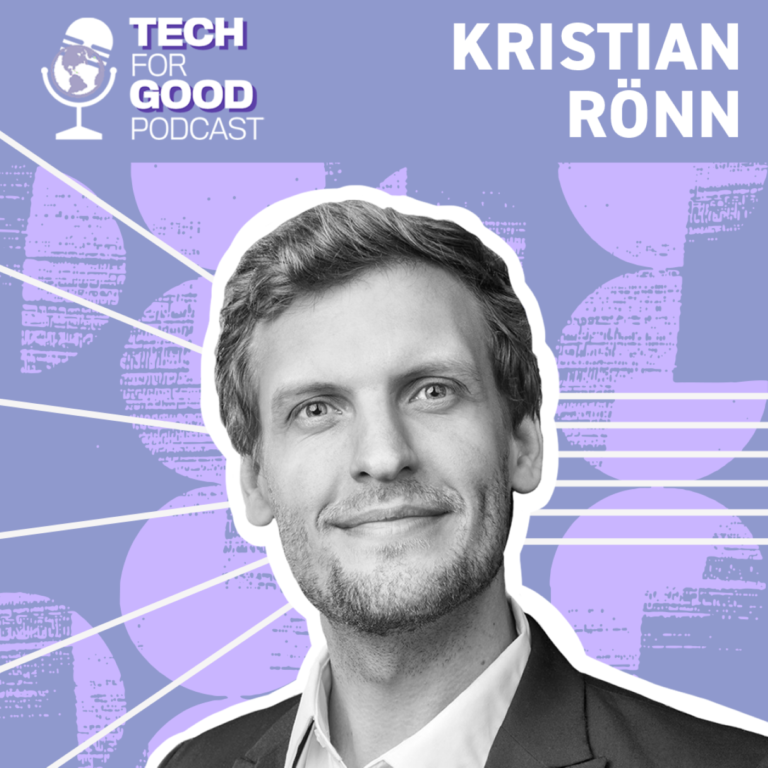
Kristian Rönn is CEO and co-founder of Normative. In this podcast, Kristian tells us about the technology that helps businesses with carbon accounting.

How Danish engineering giant Danfoss is using advanced IoT and AI to deliver dramatic energy efficiency gains to buildings around the world.

Creative storytelling transforms scientific breakthroughs into cultural movements — from mammoth meatballs to AI art — making innovation relatable, emotional, and impactful for the public

As global headlines focus on the environmental cost of artificial intelligence – from the staggering energy required to train large

Generative AI and IoT are transforming water efficiency in farming, helping farmers save resources, cut costs, and grow better crops despite climate-driven drought conditions.

The data centre market is exploding at a rapid rate, mainly driven by the march of artificial intelligence (AI), which

Discover how businesses can mitigate AI’s environmental impact through energy-efficient models, sustainable data centres, circular economy strategies, and AI-driven sustainability solutions.

EcoOnline’s David Picton on how businesses can successfully negotiate the trade-offs between the promises of AI and their progress towards net zero.

Battery energy storage systems (BESS) are essential to the UK’s renewable energy future, addressing reliability, grid stability, and economic feasibility while reducing reliance on fossil fuels.

Mark Pestridge of Telehouse Europe highlights how tech leaders can leverage data centre ESG initiatives to drive sustainability, workforce development, and community impact while advancing corporate goals.

Seizo Onoe of International Telecommunication Union explores how AI-powered agriculture can boost food security, optimise farming, and support sustainability—helping to feed a growing global population.

Michael Lynch, Global Real Time Operations Manager at Enel X on the scale, systems and virtual skills of a modern global network operations centre.

Dulas is transforming healthcare in underserved communities by delivering solar-powered solutions, such as vaccine refrigerators, to ensure reliable immunisations and to build resilient local healthcare systems.

SAP’s Stephen Jamieson and BT’s Sarwar Khan on partnering to develop a means to track emissions across BT’s entire global value chain.

Sarwar Kahn, Sustainability Director (Business) at telco giant BT, on the company’s moves to net-zero and how to embed sustainability into cloud operations.

Lenovo is driving sustainability through innovations like bamboo packaging, repairable laptops, and efficient liquid cooling, promoting circularity and reducing e-waste across IT product lifecycles.

SAP’s Stephen Jamieson makes the case for data exchange and collaboration between enterprises to drive shared sustainability goals.

Explore the innovative reuse of used EV batteries in second-life applications, transforming them into valuable assets for renewable energy storage and grid support.

Organisations must prioritise sustainable IT to meet net zero targets by reducing GHG emissions, optimising data centres, and promoting eco-friendly digital workplaces.

Heightened climate impacts prompt action, regulatory focus on greenwashing, climate technology adoption, and pivotal elections.

Digital technology is responsible for 4% of global greenhouse gas emissions and is rising each year.

Capgemini’s Greg Bentham and Danuta Stojko discuss the IT industry’s role in the global transition to net-zero.

Organiations are prioritizing sustainability, using data-driven, cloud-based platforms to track and manage greenhouse gas emissions and improve overall environmental performance.

Technology aids sustainability through renewable energy but worsens pollution and waste. Individual and collective action can drive more sustainable practices.

Annie Button on why companies should understand and implement principles of green marketing and sustainability-focused advertising strategies.